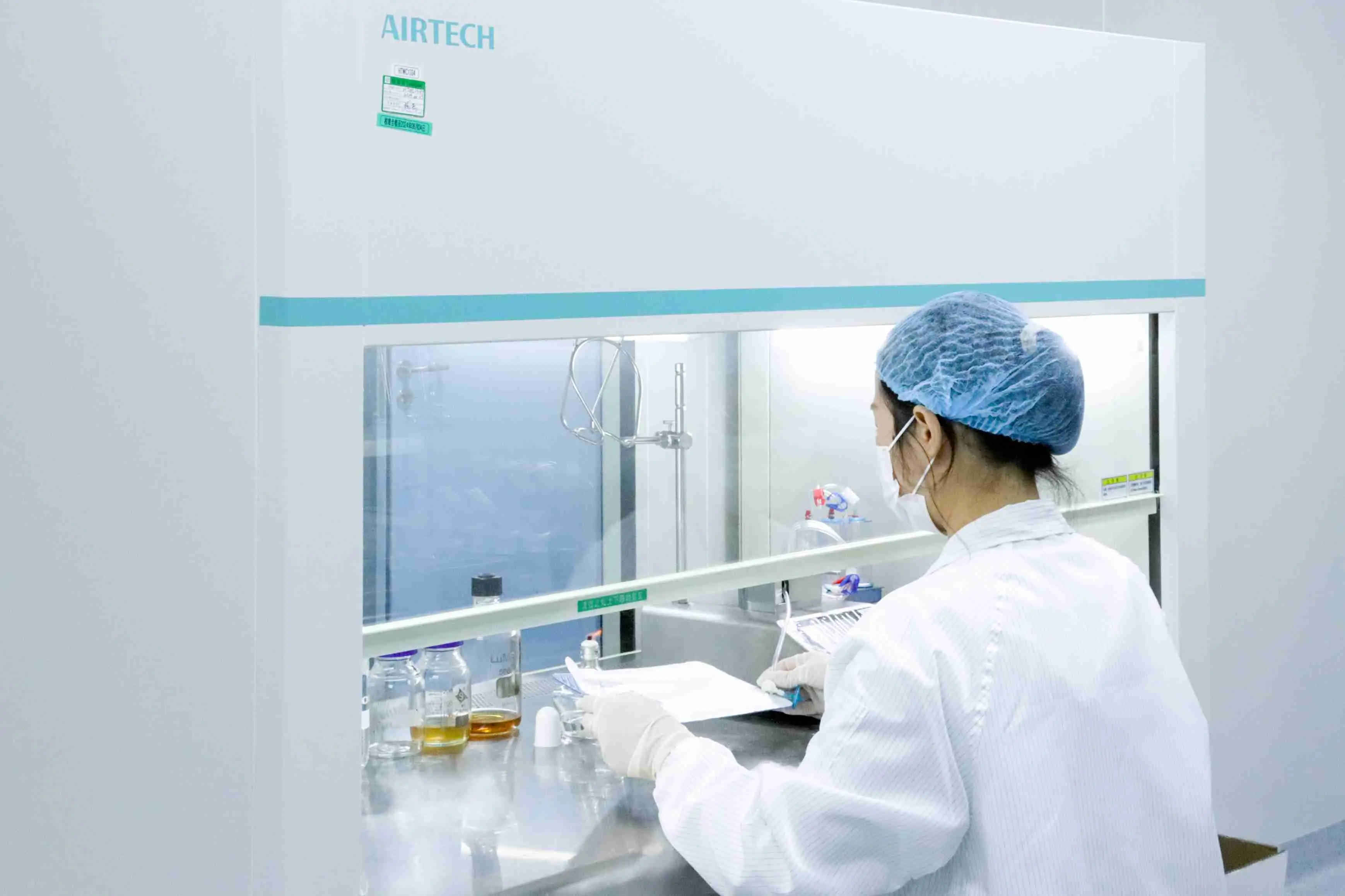
ISO 10993 Biocompatibility Testing for Medical Heat Shrink Tubing
Explanation of ISO 10993 Biocompatibility Testing for Medical Heat Shrink Tubing
iso 10993 is a major standard for biocompatibility testing of medical devices. It consists of 20 parts, with the most well-known being iso 10993-1:2009 "Biological evaluation of medical devices," which covers biocompatibility testing.

Biocompatibility is a broad concept, including tissue compatibility and blood compatibility of materials. Simply put, tissue compatibility refers to whether a material is cytotoxic, if it kills specific cells, and whether cells can grow and survive on it. Even if cells can grow on the material, can they arrange themselves in a specific pattern as expected, ULtimately forming functional tissue.
Blood compatibility involves whether a material disrupts blood components (such as causing RED blood cell lysis) and whether it induces clotting reactions. The evaluation scale for biocompatibility differs depending on the intended use of the material, such as for in vitro and in vivo applications (e.g., comparison between wound healing materials and regenerative materials for transplantation). Wound healing materials need to be non-inflammatory, non-toxic, and antibacterial, while regenerative materials may need to promote cell growth.
The selection of biomaterials mainly considers the following factors: basic function (needs analysis), type of material, material properties (including cheMICal, surface, and physical properties).
Biocompatibility: Unlike other materials, biomaterials need to consider their compatibility within or outside the biological system. According to ASTM medical device standards, biocompatibility is defined as the ability to elicit an appropriate host response in a specific application. This is the fundamental difference between biomaterials and other materials, which also determines the distinction between different types of biomaterials. Test items for compatibility include inflammatory response, degradation, blood compatibility, and skeletal compatibility.
Cost of medical-grade biocompatible materials: The development of biomaterials requires significant investment, but later verification, processing, production, and market entry incur even higher costs. Therefore, prices for medical-grade heat shrink tubing and medical catheters are usually high.
Designing biomaterials for clinical use without considering cost is not feasible. Material performance is limited, and cost compression is crucial within those limitations. In the design of biomaterials, especially in later stages, this is very important.
Medical-grade heat shrink tubing is made from various polymer resins including PTFE, FEP, PFA, EVA, and LDPE.
Medical heat shrink tubing is widely used in medical devices, connections for food delivery tubes, etc. Its non-toxic properties provide safety for entering the human body. Its excellent ultra-thin characteristics effectively save space for medical devices, facilitating miniaturization and minimally invasive procedures. It is used for protection, insulation, and manufacturing assistance in medical devices.
Medical-grade heat shrink sleeves and tubing are widely used in medical devices and connections for food delivery tubes. Their non-toxic properties provide safety for entering the human body. Their excellent ultra-thin characteristics effectively save space for medical devices, facilitating miniaturization and minimally invasive procedures. The lubricated surface prevents foreign object adhesion and facilitates cleaning.
Email: hello@jjrlab.com
Email:hello@jjrlab.com
Write your message here and send it to us
 IEC 60529 IP Rating Ingress Protection Standard
IEC 60529 IP Rating Ingress Protection Standard
 IEC 60601-1 Medical Electrical Equipment Basic Saf
IEC 60601-1 Medical Electrical Equipment Basic Saf
 European Authorized Representative Medical Devices
European Authorized Representative Medical Devices
 EU Waste Electrical and Electronic Equipment Direc
EU Waste Electrical and Electronic Equipment Direc
 How to Get CE Approval
How to Get CE Approval
 Accelerated Ageing Test
Accelerated Ageing Test
 IP Ingress Protection Testing
IP Ingress Protection Testing
 How Does a Product Get an Energy Star Label
How Does a Product Get an Energy Star Label
Leave us a message
24-hour online customer service at any time to respond, so that you worry!




